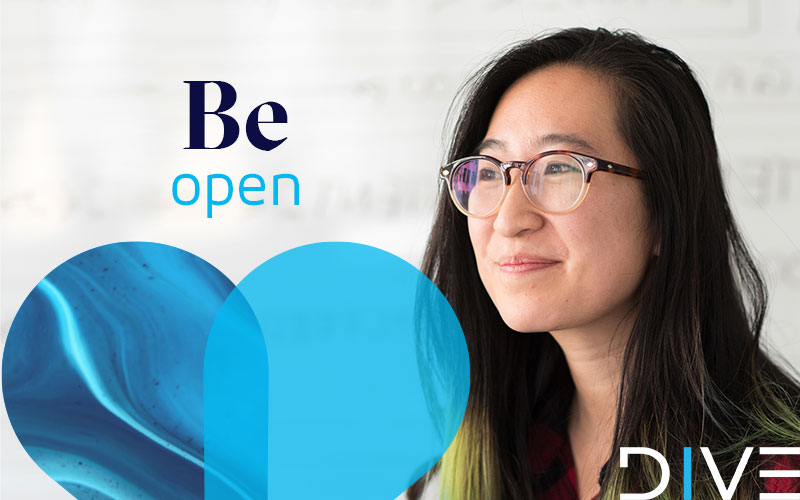In 1997, I walked into the North Carolina Correctional Institution for Women as a volunteer for a prison ministry organization called Kairos. On that day, I received the biggest dose of humility in my life. The question on my mind was what would I be able to share with these women in my life that would possibly compare to what they had been through?
One of the first women I met on that fate-filled day in 1997 was six feet, three inches tall and quiet as a mouse. She was a gentle giant and a little intimidating. I could tell that the other women respected her and trusted her. We sat next to each other at the same table for three-and-a-half days and she hardly spoke. I learned afterward that she judged me and had decided not to talk or share at all. She had labeled me as a white, privileged person who could never relate to her circumstances. She was right. I couldn’t relate. I didn’t recognize my white privilege at the time, but now I do.
As I continued in the ministry, going back to the prison every month, we eventually both changed our perception of one another and stopped judging. In fact, she was just released from prison after being incarcerated for 28 years. During that time, she learned to make dentures and is now working at a local clothing store in hopes that one day she will land a job in a dental lab. We stay in touch and we are constantly talking about how she hopes people will not judge her and give her a chance.
As I reflect on her story, and my experiences in prison ministry for the last 20+ years, I have come away from this experience learning just how important it is to embrace differences. The following are some of my learnings and takeaways.
Recognize differences
The first thing I had to do is understand that each one of these women was unique and I needed to recognize our individual differences. Some of those differences could be seen by my eyes – race, ethnicity, physical ability, but others I could not see – their crime, sexual orientation, socio-economic status, age, religious beliefs, political beliefs, and other ideologies. I was numb. I had been raised in a small Catholic community, went to parochial school and had not been exposed to many different people in my life. What was I doing here?
Foster inclusion
The one important goal of the program is to make these women feel like they are important (no matter what they had been through) and included. Everyone wants to be included. These women were being invited to be a part of this program so that they would be able to fall back on the information shared during our time together for the entire time of their incarceration.
Find common ground
As a woman, I discovered that I shared a lot of their pain around things like disappointing relationships, the struggles of being a parent and how to communicate with others. That – and the fact that we were all women – ended up being our common ground. Ironically, I found that we had more similarities than differences. Once we realized that, we were able to share and learn from each other. It didn’t matter what I looked like or what they looked like, nor over time did all the unforeseen circumstances matter.
Recognize your unconscious bias
What I still must consciously do (even after 20+ years) is to not judge someone on appearance. It’s hard and sometimes, you don’t even realize you are doing it. It goes towards that common saying, you usually determine what you think about someone in the first few seconds that you meet them. It really doesn’t matter about height, weight, skin tone, or anything else. It’s critical not to judge a person by their exterior because you don’t know their story.
Reserve judgment
What I have learned is to reserve judgment and take your time when being introduced to someone for the first time. Observe people in certain situations; look at how they react. Listen to them talking, joking, laughing, explaining, complaining, blaming, praising and ranting. Only then will you be able to identify and embrace their character. I am still learning, but volunteering in this environment has broadened my view of people, increased my adaptability in situations, shown me a greater awareness, understanding and acceptance of differing beliefs and customs.
That dose of reality still hits me square in the face. If I can offer one lesson from my experience it is this: remember that diversity is the one thing we all have in common, so embrace it!

